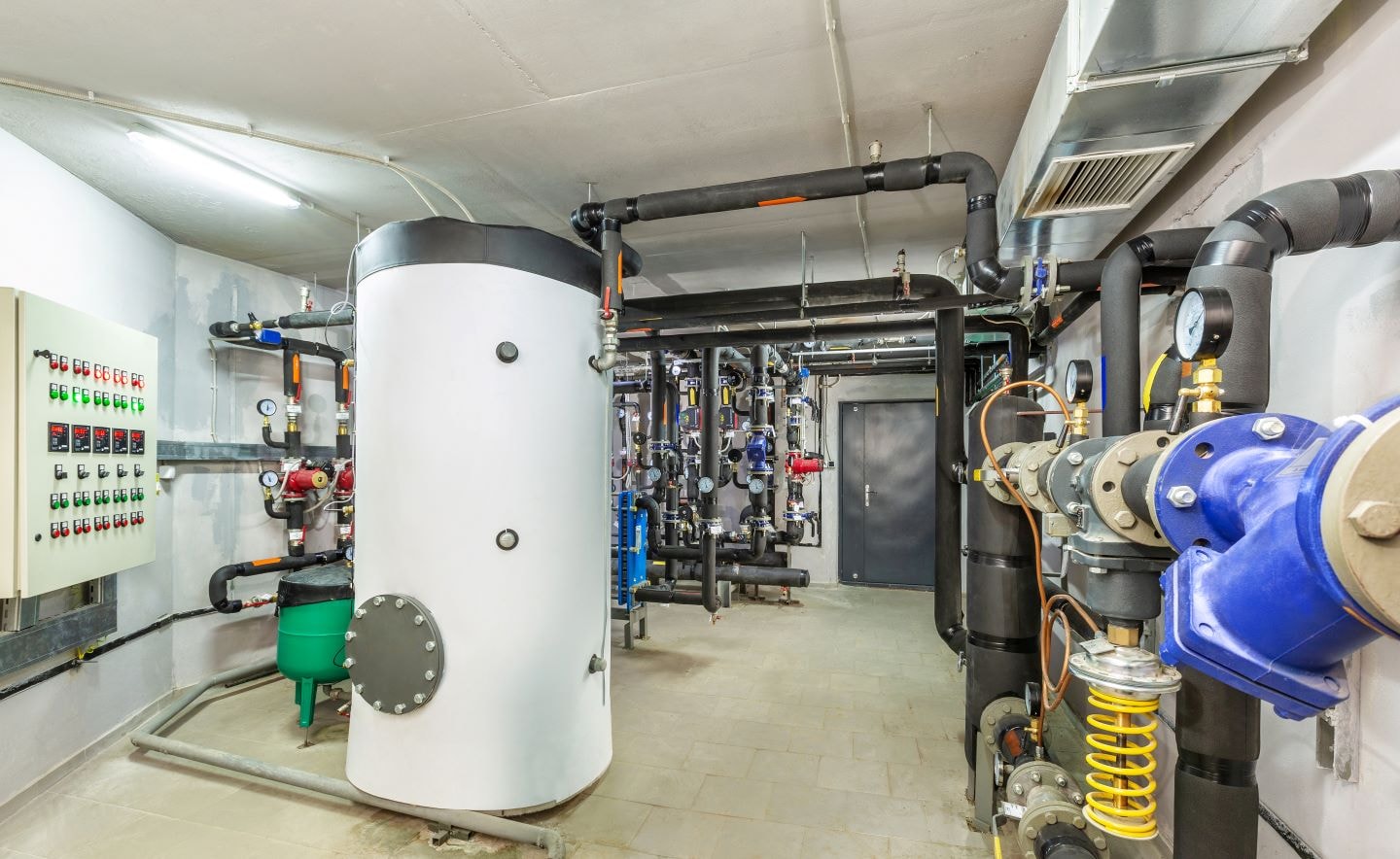Boilers, like all mechanical systems, have a limited lifespan, necessitating replacement when their performance diminishes. The prospect of a new commercial boiler installation can be daunting for many, due to concerns about time and financial investment. Yet, the consequences of delaying the replacement of an inefficient boiler extend beyond mere inconvenience; it poses a significant risk of unexpected failure and can lead to considerable financial strain over time. Ensuring your boiler is up to date is not just about maintaining efficiency; it’s about safeguarding your peace of mind and financial well-being.

Understanding the Right Time for Commercial Boiler Replacement
Deciding when to upgrade your commercial boiler can be a complex decision. While it’s tempting to hold onto a unit that seems to be working fine, the risks of an unexpected breakdown can be a major concern. To assist in making this decision easier, we’ve compiled key indicators that signal it’s time to consider boiler replacement.
Age is a critical factor; boilers over 15-20 years are prime candidates for replacement due to wear and tear and the increasing need for repairs. Regular servicing can extend a boiler’s lifespan, but age inevitably takes its toll, affecting performance and reliability.
Rising energy bills can also indicate it’s time for a new boiler. Older boilers lose efficiency, requiring more energy to heat your premises, which means higher operational costs. Investing in a new, energy-efficient commercial boiler can significantly reduce energy expenses, making it a financially sound decision in the long run.
Unusual noises from your boiler—such as banging, gurgling, or bubbling—shouldn’t be ignored. These sounds could hint at blockages, low water pressure, or other issues that might not only require complex repairs but also signal your boiler’s nearing the end of its useful life.
The availability of replacement parts, or rather the lack thereof, is another sign that a boiler replacement is due. As boilers age, manufacturers may discontinue specific parts, making repairs difficult or impossible. Upgrading to a newer model not only solves this issue but also brings the benefits of modern efficiency and technology, potentially offering substantial savings on energy bills.
Choosing to replace your commercial boiler is a significant decision, influenced by factors like age, efficiency, operational costs, and the feasibility of repairs. A new boiler represents a substantial upfront investment but can lead to long-term savings and reliability. For businesses looking to maintain efficient, cost-effective operations, addressing boiler replacement proactively is key.
